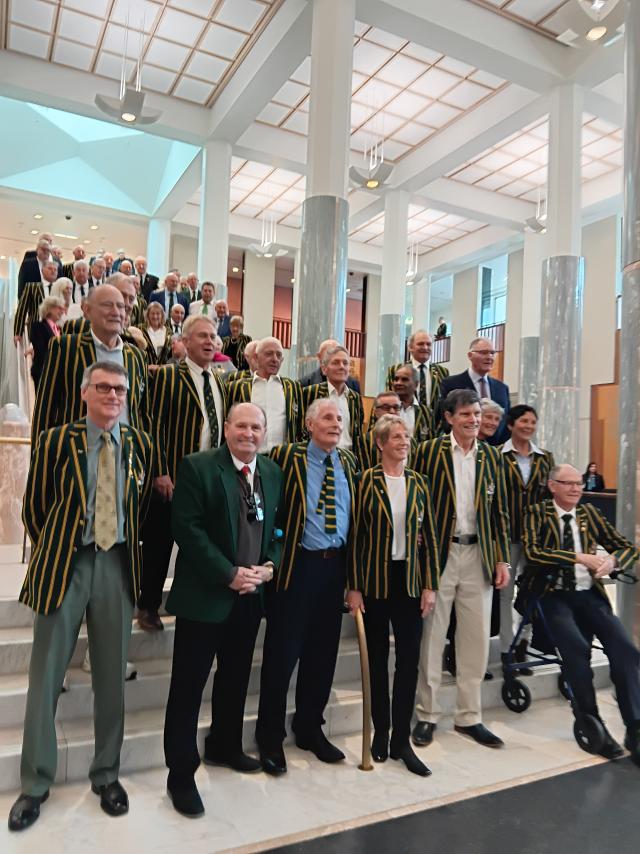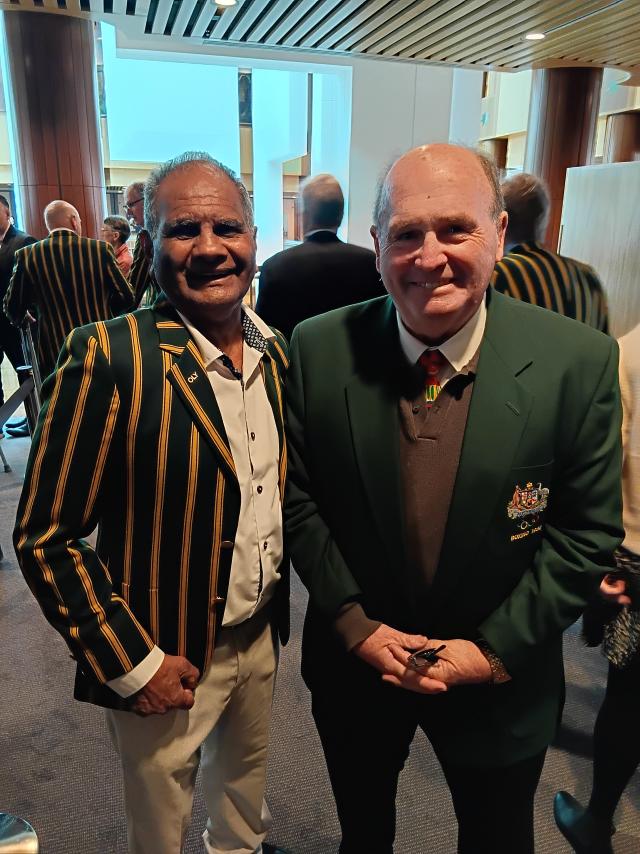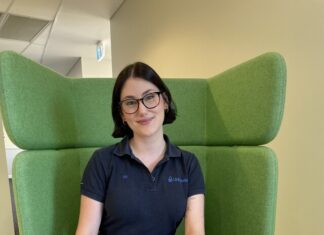It was 45 years too late and “too bloody cold” in Canberra for Noosa-born Olympic boxer Benny Pike but it was a chance for him to catch up with friends when Prime Minister Anthony Albanese and Opposition Leader Sussan Ley last week welcomed home the Australian team that competed at the 1980 Moscow Olympics.
Benny was one of 121 Australian athletes who went to the Moscow against the government’s demands to boycott the Games in protest at the Soviet Union’s invasion of Afghanistan.
Many athletes paid a high personal price, including those who were prevented by their sporting federations from attending but the courage of those who went may have helped safeguard future athletes from political interference and though snubbed since they were formally acknowledged last week.
Sitting in the stands looking down on the speeches Benny said what struck him was that they “never said sorry” for the treatment they received.
“Looking back, it is little wonder that many still bear scars from those days,” the Prime Minister said.
“That only makes the efforts and success of the Australian team at those Games all the more extraordinary. Australia won nine medals, including gold for Michelle Ford in the women’s 800m freestyle and gold in the men’s 4 x 100m medley.
“On this 45th anniversary we recognise all you have achieved – and acknowledge all you have overcome.”
Benny said the reunion for him was the most important part of the event and the dinner that night “was terrific”.
Benny Pike was one of two Sunshine Coast Olympians to attend the Moscow Olympics along with water polo player Julian Muspratt.
He said prior to leaving for the Games there had been a few awkward conversations.
“The government didn’t want us to go. I got a call from the president of Australian boxing who said do you want to go. I said yes. He said fine. Three weeks later we left.”
Benny said athletes found out they had made the Olympic team when their details were published in a column in the Sunday Mail sport section.
“There was no big story,” he said.
He felt he had earned his place at the Olympics having won Gold in the Presidents Cup in Jakarta and silver in the Kings Cup in Bangkok as well as attending the Commonwealth Games, the World Championships in Belgrade and the World Cup in Madison Square Gardens in the lead up to the event.
“I was psyched up to go to the Olympics,” he said.
“In Moscow it was fabulous. People were very kind.”
Benny said athletes were hosted to an event at the Australian Embassy in Moscow but they were not allowed to march behind the Australian flag at the Games.
On his return to Australia Benny said there was no official welcome home for returning athletes.
At the time Benny decided “that’s not good enough, we have to do something more” so he acted, initiating Sunshine Coast welcome home celebrations which began in 1984 when five Sunshine Coast athletes were welcomed home.
After 40 years of welcoming home Olympic athletes Benny was at last year’s event to welcome home Sunshine Coast’s Paris Olympic and Paralympic athletes, presented with a special award.
Benny said the Sunshine Coast was the first region to welcome home its Olympic and Paralympic athletes in 1984 and it’d “been a pleasure to be involved”.
As preparations are underway for the 2032 Brisbane Olympics Benny believes organisers should be listening more to the opinions of the many former Olympians and Paralympians living on the Sunshine Coast.
A year after Moscow the International Olympic Committee (IOC) asked a select group of high-profile athletes that included Australian swimmer Michelle Ford to address the 1981 congress. It was the first time athletes were allowed to address the world’s most powerful sporting body, enabling them to have a voice and be heard.









